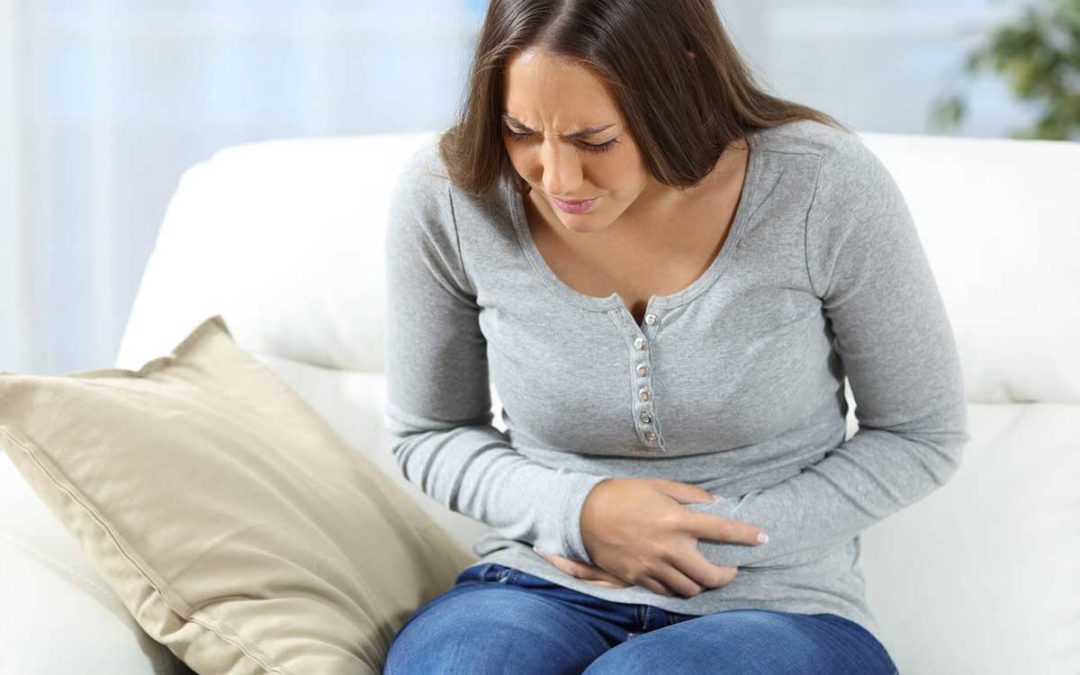Facts about Constipation Causes and Consequences
You are supposed to empty your bowels (defecate) regularly, which indicates that your digestive system is functioning well. However, the inability to maintain even three bowel movements in a week is abnormal. It is a sure sign of constipation. The problem can turn chronic if left untreated.
What causes constipation?

Now, several factors cause difficulty in defecation. The commonest one is the non-inclusion of fiber in your dietary regimen. Whole grains, vegetables, and fruits are fiber-rich foods categorized as insoluble fibers. They promote healthy bowel movements.
A research study in 2017 confirms this fact from the Jornal de Pediatria published it. It revealed that insoluble fibers absorb water as they move through the digestive tract. Generally, they increase the bulk of the feces. Therefore, the fecal movement is rapid and smooth. In contrast, fat-rich foods contain very little fiber.
Consumption of plain water regularly is another plus point. Addiction to caffeinated drinks, sodas, soft drinks, and alcohol is a big No-No. Addiction to laxatives is not good either. You put your digestive system’s natural functioning at risk. Additionally, as soon as you stop consumption, your constipation is back! Now, do you go when you have to go? Are you always curbing the urge to empty your bowels? Keep delaying, and the need goes away. In turn, the stool becomes hard and dry.
We tend to lead rather sedentary lives. There is always a plausible excuse for remaining inactive! Physical exercise enhances metabolism, which will keep constipation at bay. Of course, if you have been bedridden for days/weeks, you cannot help it! You must keep yourself, fitter, as you grow older. As you age, so do the muscles of your digestive tract. Constipation is much real concern.
In case you are a pregnant woman you are vulnerable too. Hormonal changes play havoc with your digestion. Similarly, your expanding uterus puts pressure on the intestines. Maybe, your system cannot digest milk/milk products too well, which will cause constipation in pregnancy. Travel disturbs regular routines. Your system cannot adjust to changing mealtimes or habits. It is the same when you work in shifts.
Do you suffer from irritable bowel syndrome?

If yes, constipation could be a regular intruder into your peaceful life!
Strong medications invite constipation into your life as well, which include anti-convulsants and anti-depressants. Antacids containing aluminum also cause adverse effects. Calcium channel blockers and pain relievers are other culprits.
Sometimes, the passage of the large intestine appears narrower than usual, which makes it difficult for waste matter to progress rapidly. There is a blockage somewhere. Tumors are often responsible for constipation. Specific diseases of the nervous system, endocrine system, etc. may have constipation as a symptom.
Why does constipation occur when traveling?

We call it traveler’s constipation or vacation constipation. Sensitive digestive systems are highly vulnerable to it. For instance, road trips can prove harsh on your system! Where will you find hygienic bathrooms? It can prompt you to control your urges. The outcome is a hard, dry stool. Regardless, it would be good to break your journey frequently. Similarly, lengthy plane rides do not prove comfortable.
The blood circulation in your legs and gut seems to have stopped! Maybe, you should keep walking down the aisle often! The U.S. National Institutes of Health-sponsored research on constipation, in 2017. The researchers concluded that exercise is quite crucial. It has a positive effect on your gastrointestinal tract. Physical activity may be mild to moderate.
Dietary changes during travel are another issue. The food is majorly lacking in fiber content. You have to stay hydrated too. However, you tend to forget this aspect of travel. Finally, travel causes sleep disturbances. It is worse if you are switching between time zones. You are either a few hours ahead/behind your regular schedule, which leads to jet lag. It indicates disruption of your bodily rhythm. Therefore, you feel extremely fatigued and sleepy.
What causes constipation to be dangerous?
It is dangerous only if it persists beyond three months. By then, it means that the condition has become chronic. The following complications can occur.
- Hemorrhoids
This condition has a commoner label – piles. It shows up around your rectum or anus, where veins present. Constant straining while emptying bowels affects them. As a result, they become swollen and hide under the skin of the anal region are external hemorrhoids. Swollen veins lining the rectum or anus are internal hemorrhoids.
The itching and pain that follow are excessive. Rectal/anal bleeding is common. You will notice bright-red blood in the toilet bowl, which you will see it on toilet paper after every wipe. Sometimes, blood hardens into a lump, inside hemorrhoids. You may suffer from infections, skin tags, or blood clots too.
- Rectal Prolapse
Your large intestine terminates at the rectum and the anus. Now, this rectum can stand only so much strain! If you are eternally pressurizing it, it stretches. Soon enough, it moves outside your body. Maybe, just a part of it is visible. Alternatively, the entire rectum may slip out. We term this rectal prolapse.
Rectal prolapse is highly painful. There may be bleeding. The bulging out of the anus is similar to that of hemorrhoids. You are bound to become confused! However, both are different. Even the treatments are different. An astounding 100+ operative procedures exist for rectal prolapse treatment! As per a study outlined in the Journal of Surgical Case Reports (2018), this condition targets aging women majorly. The muscles of the pelvic floor become lax. The causes are childbirth, aging, and straining.
- Anal Fissures
Does the anal area ache, bleed, and itch? If yes, you may have torn the tissue in this region. You have become a victim of anal fissures. They are tiny tears. Sometimes, they increase in size, which will make healing all that more difficult. It is because the ring of muscle surrounding the anus gets into trouble.
This ring is responsible for opening and closing the anus. Oh, it is impossible to urinate or defecate! Naturally, your constipation can only worsen. If you are lucky, medications will resolve the issue. Otherwise, you will need surgery. Unfortunately, anal fissures tend to return.
- Fecal Impaction
What will happen if stool keeps piling up within your large intestine? It leads to the formation of a large, hard mass. The muscles of the large intestine cannot push it out of your body, which is a blockage. Scientists call it fecal impaction. The outcome is extreme pain and vomiting. This condition is common to age adults and young children.






